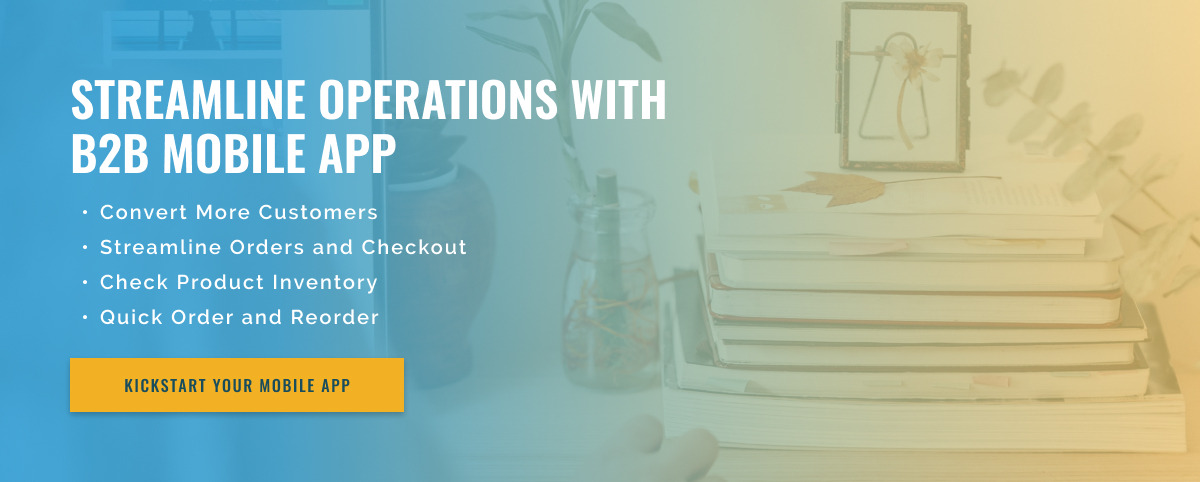3 minute read
Understanding Security for B2B Mobile Apps
In today’s digital era, businesses are increasingly relying on mobile applications for their daily operations. This particularly applies to the B2B (business-to-business) sector, where mobile applications have become an important tool for optimizing communication and conducting transactions between companies.
However, with the increasing use of B2B mobile applications comes the need for increased security measures. In this blog article, we will discuss the various security aspects that companies need to consider when using B2B mobile applications.
1. Data encryption: One of the main concerns with B2B mobile apps is the security of sensitive data. Since these applications are used to exchange sensitive information such as contracts, financial data, and customer information, it is important to ensure that this data is encrypted. Encryption algorithms are used to transform data into unreadable code, making it more difficult for hackers to access and manipulate information.
2. Authentication and authorization: B2B mobile applications must have robust authentication and authorization mechanisms to verify users’ identities and provide them with appropriate access to application features and data. This can be achieved through multi-factor authentication, biometric authentication, or the use of digital certificates. Additionally, companies should have stringent user access management protocols in place to ensure that only authorized employees have access to sensitive data.
3. Secure network connections: In the B2B mobile app ecosystem, you may need to transfer data between different networks, including public Wi-Fi networks. This poses a serious security risk because these networks are vulnerable to hacker attacks. Therefore, companies should consider using virtual private networks (VPNs) to create a secure connection between the application and its servers to prevent unauthorized access to data.
4. Regular updates and security patches: Mobile operating systems and applications are constantly evolving, as are the techniques used by hackers. To stay ahead of potential security threats, B2B mobile apps must be regularly updated with the latest security patches. This will ensure that all security vulnerabilities are identified and remedied, preventing potential data breaches.
5. Employee training: Despite technological advances, human error remains one of the leading causes of data breaches. It is important to provide employees with comprehensive training on the importance of data security and the safe use of B2B mobile applications. This may include guidelines on creating strong passwords, avoiding phishing scams, and reporting suspicious activity.

